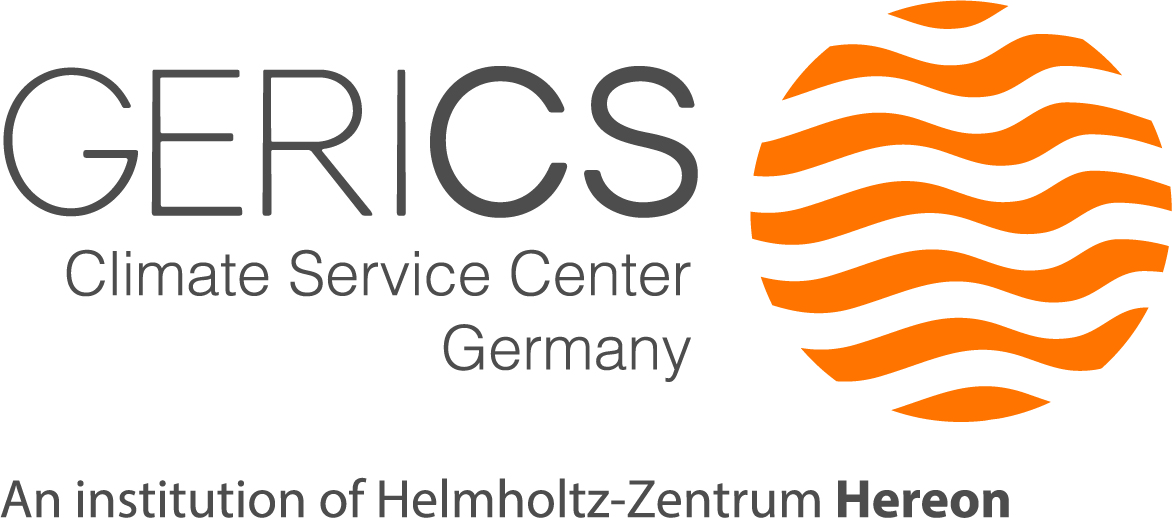Background
Our functioning is based on different methodological approaches. The most important ones are outlined in the following:
Prototypical product development
In a joint approach, we develop with partners and users prototype products and services, which allows practicable access for users to climate information. The development of our Climate Service prototype products and services includes four phases: 1. Initiation and planning phase, 2. Development phase, 3. Testing phase and 4. Operationalization phase. The individual phases consist of sub-processes, each of which is assigned to internal and external parties and responsible stakeholders. The structured approach to the development process offers a great deal of process transparency and ensures high process quality.
further information
Climate Service Infrastructure
A solid up-to-date scientific data base, smooth process flows, a powerful infrastructure in combination with user oriented dissemination tools and well-functioning quality control mechanisms are key elements of our climate service infrastructure. This infrastructure is developed continuously through both internal activities and joint activities or projects with national and international partners.
further information
Evaluation of Climate Services
Traditional evaluation criteria from basic research (e.g. number and quality of publications) cannot be simply transferred to the evaluation of transdisciplinary processes or resulting climate service products (e.g. data portal, fact sheet). Specific quality standards, criteria and indicators, which are most appropriate for an evaluation of transdisciplinary processes are discussed in the specialized literature. For an evaluation of climate services it has to be established, which indicators can be transferred.
further information
Facilitate Networking
We actively promote the establishment of collaborative networks between potential users of research results in the areas of climate change and adaptation, practitioners, representatives from research and climate service providers.
further information
